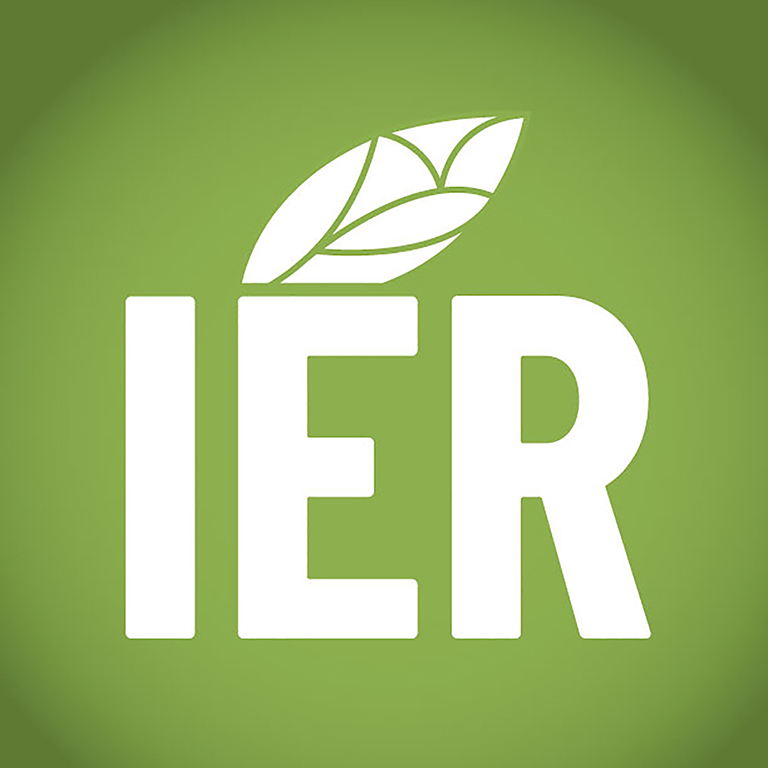Beth Edwards is not easily startled. In her work as a reporter for the Indiana Environmental Reporter, Edwards has, without hesitation, covered the deplorable conditions at concentrated animal feeding operations and witnessed poorly managed, carcinogenic waste seeping into the state’s waterways. But when a youth climate action organization told her they follow the IER on social media, Edwards was shocked: “I was like, ‘I’ve never met someone who follows us on Instagram before!’”
High school students are not the only ones who have taken note of the environmental reporting being done at the IER; Edwards recently garnered a national award from the National Federation of Press Women for her story about an organic farmer’s struggle to hold NIPSCO accountable for the coal ash the utility provider dumped on his property nearly fifty years ago. The article, “Tainted Dreams,” was one of three penned by Edwards that received recognition from the Women’s Press Club of Indiana earlier in the year.
Enrique Saenz, a fellow IER reporter, also recently received recognition. The Indiana chapter of the Society of Professional Journalists recognized Saenz for a November 2019 article on the EPA’s proposal to loosen restrictions on how agricultural pesticides are applied. The proposed changes would put farmworkers in adjacent fields at risk of exposure.
Notably, Saenz’s article concluded with a link to a forum where the public could comment on the planned rule changes. This reporting decision exemplifies Saenz’s and the IER’s overall stance on environmental reporting: present the truth and allow the public to engage with the facts and formulate a response.
An independent reporting organization supported by the Environmental Resilience Institute and the Media School at IU, the IER focuses on telling environmental stories from across Indiana. Edwards and Saenz have been with the IER from the very beginning and have helped grow the organization into a go-to source for environmental news. The IER publishes free articles every day on its website and distributes a weekly newsletter to people throughout Indiana. Edwards estimates that over fifty organizations regularly make use of the content published on the IER website to spark conversations about environmental stewardship in communities across the state.
So far, the IER’s faith in its audience has been well-founded. Both Edwards and Saenz have met numerous citizens who, when confronted with an environmental issue which concerns them, have educated themselves and addressed the situation. While doing research for “Jobs vs. Health”, Edwards met Mary Hess, the founder of No C2D (Coal to Diesel), a citizens’ group opposed to the construction of the plant. “Mary was a former postal worker, but if you talked to her, you would think that she has a degree in chemical engineering,” Edwards recalls.
Edwards and the IER believe that respectful and productive communication about environmental issues can still occur by giving others a chance to tell their stories. “I try to give people questions that give them space to say everything they want to say,” Edwards said. “I think that if a person understands that you’re not trying to be malicious or that you’re actually just trying to do your job and represent both sides, they will talk to you.”
Both Edwards and Saenz said they were honored to receive recognition for their work, but they emphasized that the awards were less important than the stories themselves. “Don’t write the story for you, write the story for your audience,” Saenz said. “We don’t try to do stories that entertain us. We try to do stories that will educate someone.”





